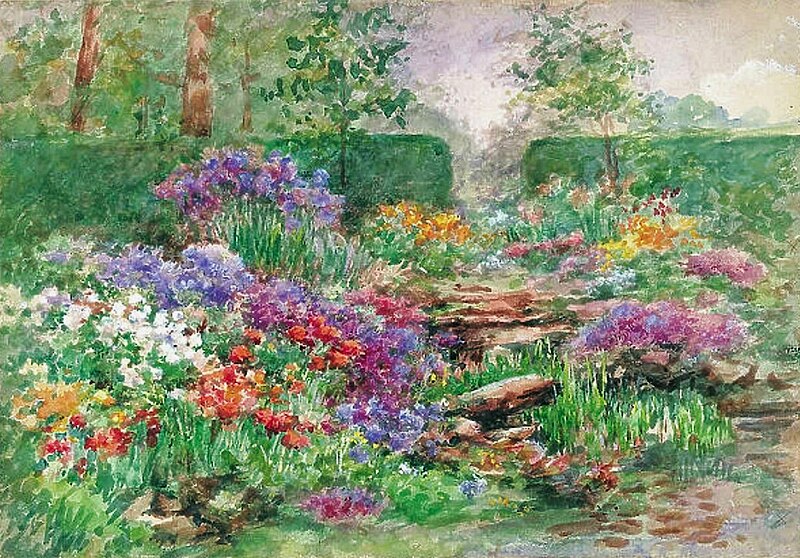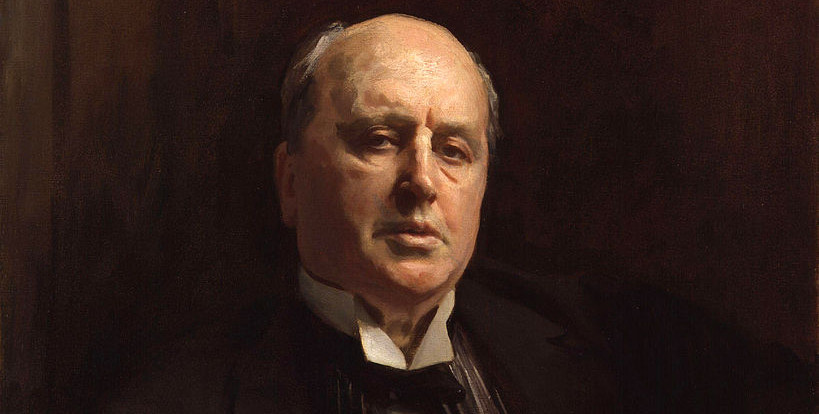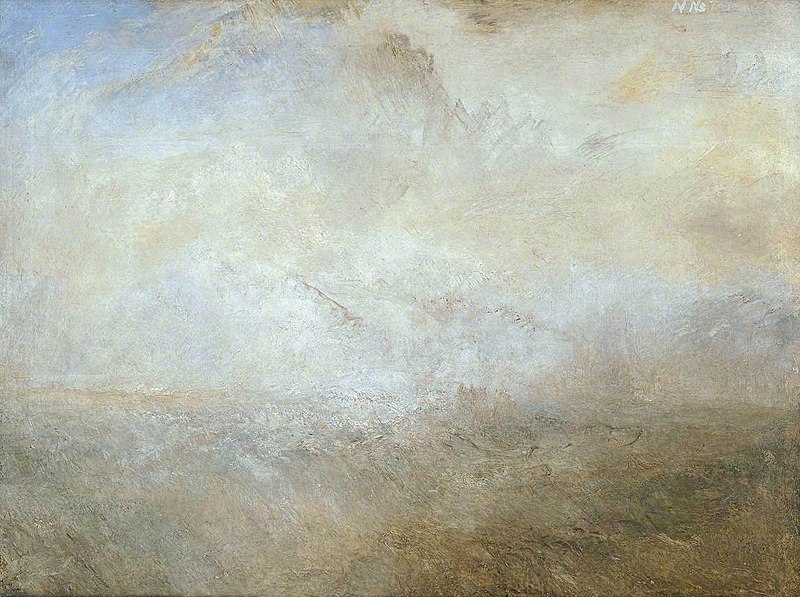
“Should a garden look as if the gardener worked on his knees? I ask you.” — Lincoln Steffens

“Should a garden look as if the gardener worked on his knees? I ask you.” — Lincoln Steffens

In 2005 Yale psychologists Deena Skolnick and Paul Bloom asked children and adults about the beliefs of fictional characters regarding other characters — both those that exist in the same world, such as Batman and Robin, and those that inhabit different worlds, such as Batman and SpongeBob SquarePants.
They found that while both adults and young children distinguish these two types of relationships, young children “often claim that Batman thinks that Robin is make-believe.”
“This is a surprising result; it seems unlikely that children really believe that Batman thinks Robin is not real,” they wrote. “If they did, they should find stories with these characters incomprehensible.”
One possible explanation is that young children can find it hard to take a character’s perspective, and so might have been answering from their own point of view rather than Batman’s. In a second study, kids acknowledged that characters from the same world can act on each other.
But this is a complex topic even for grownups. “James Bond inhabits a world quite similar to our own, and so his beliefs should resemble those of a real person. Like us, he should think Cinderella is make-believe. On the other hand, Cinderella inhabits a world that is sufficiently dissimilar to our own that its inhabitants should not share many of our beliefs. Our intuition, then, is that Cinderella should not believe that James Bond is make-believe; she should have no views about him at all.”
(Deena Skolnick and Paul Bloom, “What Does Batman Think About Spongebob? Children’s Understanding of the Fantasy/Fantasy Distinction,” Cognition 101:1 [2006], B9-B18. See Author!, Truth and Fiction, and Split Decision.)
Chinese proverbs:
And “Learning is like paddling a canoe against the current — you will regress if you don’t advance.”

Does the green dot above flash before, as, or after the red dot reaches it? Most people say after, but in fact the flash occurs before the red dot arrives (below). This anomaly is known as the flash-lag effect, and its cause is unclear. Possibly it’s a sign that the visual system extrapolates the position of a moving object more readily than that of an unpredictably flashing one.


Paper airplanes existed long before real airplanes.
Every Little Boy’s Book, from 1864, includes instructions for a “paper dart”:
“The paper dart, when thrown from the hand, rarely hits the object aimed at, as it generally makes a graceful curve in passing through the air.”
Via Vox.

Henry James’ 1903 novella The Beast in the Jungle is written in his famously tortured syntax:
It led, briefly, in the course of the October afternoon, to his closer meeting with May Bartram, whose face, a reminder, yet not quite a remembrance, as they sat much separated at a very long table, had begun merely by troubling him rather pleasantly.
James Thurber parodied this with “The Beast in the Dingle”:
He had brought himself so fully in the end, poor Grantham, to accept his old friend’s invitation to accompany her to an ‘afternoon’ at ‘Cornerbright’ that now, on the very porch of the so evident house, he could have, for his companion, in all surrender, a high, fine — there was no other word for it — twinkle.
Thurber originally called this “The Return of the Screw.” See Homage and A Prose Maze.

James McNeill Whistler hated the work of J.M.W. Turner.
A lady once asked him, “Oh, Mr. Whistler, my husband has discovered in a secondhand shop what he thinks are two real Turners. Will you come and tell us whether they are real Turners or imitation Turners?”
“Well, ma’am,” Whistler said, “now that’s really a fine distinction.”
When a thread is pulled horizontally from the underside of a wound spool, the spool rolls in the direction of the pulling force, counter to intuition. When the thread is pulled upward vertically, the spool rolls in the opposite direction.
Why the difference? The spool must rotate about its point of contact with the table, but the direction of torque, clockwise or counterclockwise, varies with the angle of the thread. Interestingly there’s a critical angle at which the spool does not roll but slides.
[Parrhasius], it is recorded, entered into a competition with Zeuxis, who produced a picture of grapes so successfully represented that birds flew up to the stage-buildings; whereupon Parrhasius himself produced such a realistic picture of a curtain that Zeuxis, proud of the verdict of the birds, requested that the curtain should now be drawn and the picture displayed; and when he realized his mistake, with a modesty that did him honour he yielded up the prize, saying that whereas he had deceived birds Parrhasius had deceived him, an artist.
From Pliny the Elder, Naturalis Historia. See Demo.

ventifact
n. a stone shaped by windblown sand